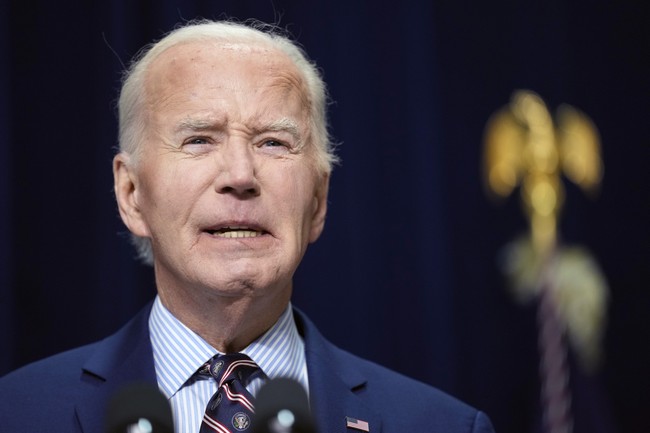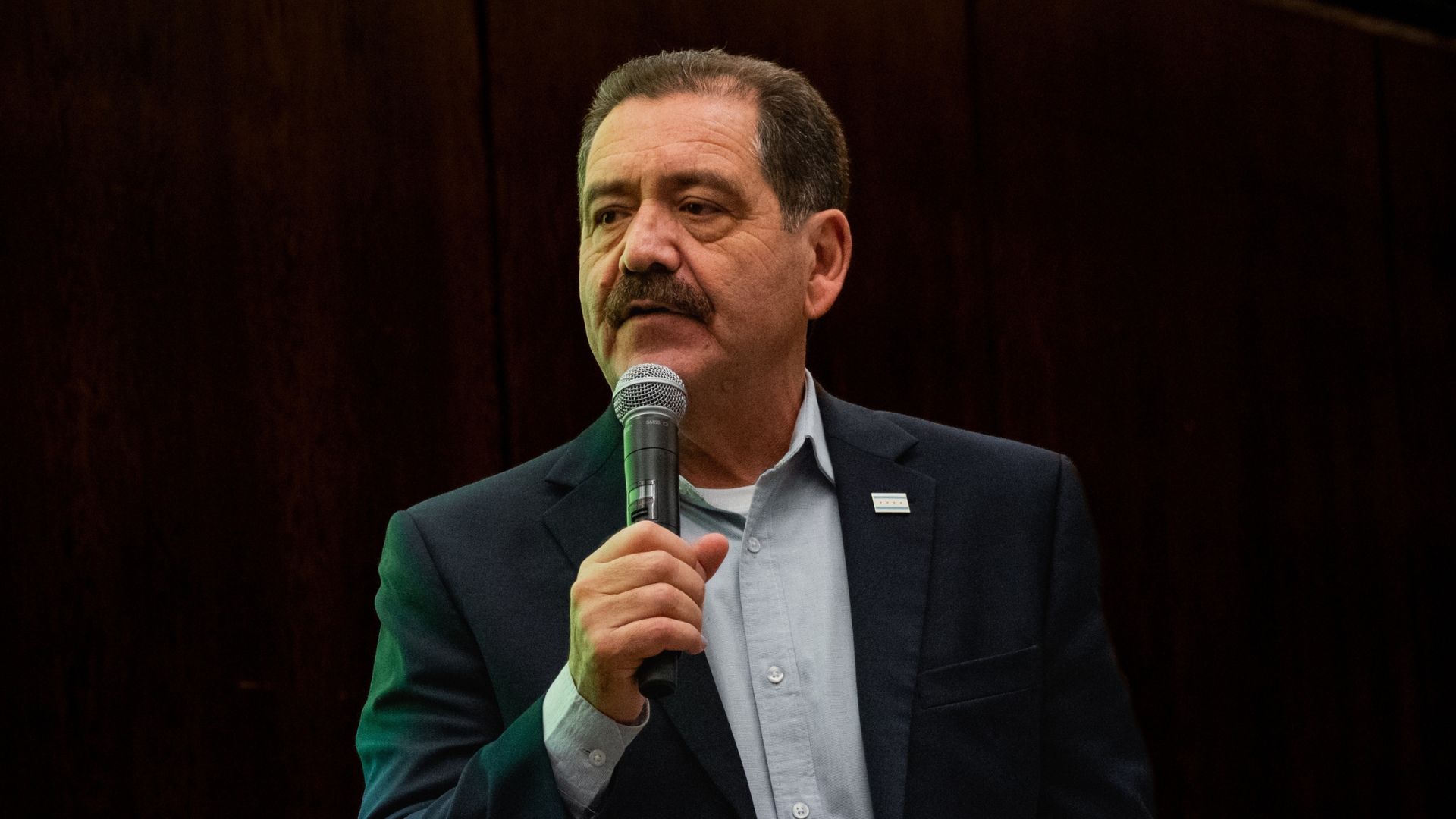Neuroscientist and author Sam Harris recently admitted he was misled about President Joe Biden’s cognitive health. Harris initially believed Biden was sharp behind closed doors but now doubts those claims, pointing to a so-called “effective” cover-up. This admission sheds light on the ongoing debate surrounding Biden’s mental acuity.
In a frank discussion, Harris once defended Biden’s mental capacity by distinguishing his communication struggles from his decision-making abilities. “It’s at least intelligible to say, ‘Okay, he’s not a good communicator. He was never a good communicator, he’s only getting worse,’” Harris remarked.
Harris believed that despite Biden’s stumbles in public speaking, he remained competent when discussing critical issues privately. “The truth is… when you sit with him and deliberate about the war in Ukraine or anything else, he is compos mentis,” Harris explained. He thought Biden’s lack of fluidity in speech was simply a neurological issue.
However, Harris now questions whether Biden was ever as mentally fit as insiders claimed. “Because of how effective this cover-up was, I no longer believe that to have been true,” Harris admitted. He suspects Biden may have been more “checked out” than he initially thought.
The revelation that Democrats and media allies were possibly “duped” follows Harris’s new stance. He suggested that they, like him, believed a narrative that may not have been true. Yet, Harris’s earlier defense of Biden’s mental state seems contradictory.
While one might assume Biden’s mental decline would concern a neuroscientist, Harris appeared unbothered. Regardless of Biden’s cognitive state, his main focus was on preventing Trump from taking office. Harris was clear about his priorities, even if it meant overlooking Biden’s frailties.
Harris expressed a willingness to accept a president “in a coma” over Trump. He said he preferred the duties of the presidency to be handled by a committee of “just normal people.” This sentiment highlights the divide in priorities among political factions.
In sharing these views, Harris inadvertently admitted that Biden’s competency was secondary to the goal of stopping Trump. For many Democrats, this meant accepting any leadership shortfall if it kept Trump away. Harris’s admission suggests a broader mentality shared by some left-leaning individuals.
Despite acknowledging Biden’s potential cognitive issues, Harris justified the cover-up. “Not much materially changes once you reveal just how insane and despicable this cover-up of Biden’s infirmities actually was,” he noted. The ultimate aim was to keep Trump from office.
Here lies a critical point: Harris, an expert in recognizing cognitive decline, says he was fooled by the Biden administration. Yet, he readily admits that acknowledging Biden’s mental state wouldn’t have changed his support. His disdain for Trump guided his judgment.
This revelation raises questions about the integrity of those who supported Biden despite potential concerns. Were they truly misled, or did they choose to ignore the signs? Harris’s statements suggest the latter, revealing a willingness to compromise for political ends.
PJ Media and other conservative outlets will continue to highlight the role of the left in covering up Biden’s cognitive decline. The narrative pushed by Democrats and their allies deserves scrutiny. Sam Harris’s admission adds another layer to the ongoing debate.
The implications of Harris’s statements reach beyond his personal views. They reflect broader political dynamics and the lengths some will go to achieve their goals. The cover-up of Biden’s mental fitness is just one example of this phenomenon.
As the discussion continues, it’s essential to consider the motivations behind political actions. Harris’s comments reveal a willingness to overlook critical issues for a perceived greater good. This mindset poses questions about the future of political discourse.
Harris’s candid admission offers insight into the political landscape. It underscores the challenges of navigating truth and agenda in today’s climate. The willingness to overlook critical facts for political gain is a concerning trend.
Conservatives can use Harris’s revelations to argue against the left’s narratives. His statements provide a window into the priorities of some Democrats. The focus on defeating Trump above all else is a recurring theme.
This story is a reminder of the complexities in political discourse. The intersection of truth, perception, and agenda shapes the national conversation. Harris’s admission adds to the ongoing evaluation of Biden’s presidency and its implications.



